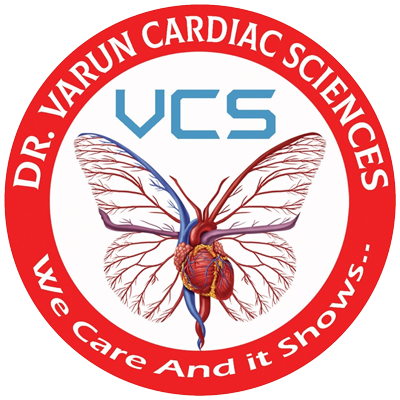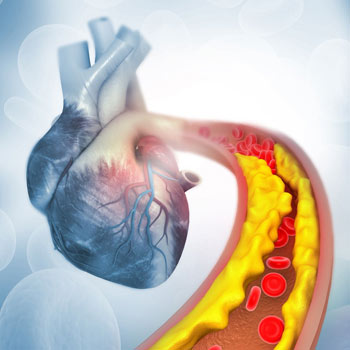Vascular surgery plays a pivotal role in managing and treating conditions affecting the blood vessels throughout the body. These blood vessels, including arteries and veins, are crucial for the circulation of blood and nutrients to various organs and tissues. When these vessels develop abnormalities or conditions, vascular surgery becomes essential in restoring proper blood flow and overall cardiovascular health.
What Conditions Does Vascular Surgery Address?
Vascular surgeons specialize in diagnosing and treating a wide range of vascular conditions, which can affect anyone, from young adults to the elderly. Some common conditions treated by vascular surgery include
Peripheral Artery Disease
A condition where arteries that supply blood to the limbs become narrowed or blocked, often leading to pain, numbness, or wounds that don't heal properly.
Aneurysms
Weaknesses in blood vessel walls that cause them to balloon out and potentially rupture if left untreated.
Carotid Artery Disease
Narrowing or blockage of the carotid arteries in the neck, which can increase the risk of stroke.
Varicose Veins
Enlarged, twisted veins that usually appear in the legs and can cause discomfort or complications if untreated.
Deep Vein Thrombosis
Blood clots that form in the deep veins of the legs, which can be life-threatening if they break loose and travel to the lungs.
Procedures and Techniques in Vascular Surgery
Vascular surgeons employ a variety of techniques and procedures to treat these conditions, depending on the specific diagnosis and severity of the disease. Some common procedures include
- Angioplasty and Stenting: A minimally invasive procedure where a balloon is used to widen narrowed arteries, often followed by placing a stent to keep the artery open.
- Endarterectomy: Surgical removal of plaque buildup from the inner lining of an artery to restore blood flow.
- Bypass Surgery: Creating a graft to bypass a blocked or narrowed artery, allowing blood to flow around the blockage.
- Thrombectomy: Surgical removal of blood clots from veins or arteries.
- Varicose Vein Treatments: Techniques such as sclerotherapy or laser therapy to close off and shrink varicose veins.
Importance of Vascular Health
Maintaining vascular health is crucial for overall well-being. Vascular conditions not only affect blood flow but can also increase the risk of serious complications such as heart attack, stroke, or limb amputation if left untreated. Therefore, early diagnosis and intervention by a vascular surgeon can significantly improve outcomes and quality of life for patients.
When to Consult a Vascular Surgeon?
It's essential to recognize symptoms that may indicate a vascular problem and seek medical attention promptly. Symptoms such as persistent leg pain, swelling, skin discoloration, or wounds that won't heal should not be ignored and may warrant evaluation by a vascular specialist.
In summary, vascular surgery encompasses a range of specialized procedures aimed at diagnosing, treating, and managing conditions affecting the blood vessels. By restoring proper blood flow and addressing vascular health issues early, vascular surgeons play a crucial role in enhancing cardiovascular health and preventing serious complications. If you or a loved one are experiencing symptoms suggestive of a vascular condition, consult with a qualified vascular surgeon to explore treatment options tailored to your needs.
For more information on vascular surgery or to schedule a consultation, contact Dr Varun Cardiac Sciences today.

